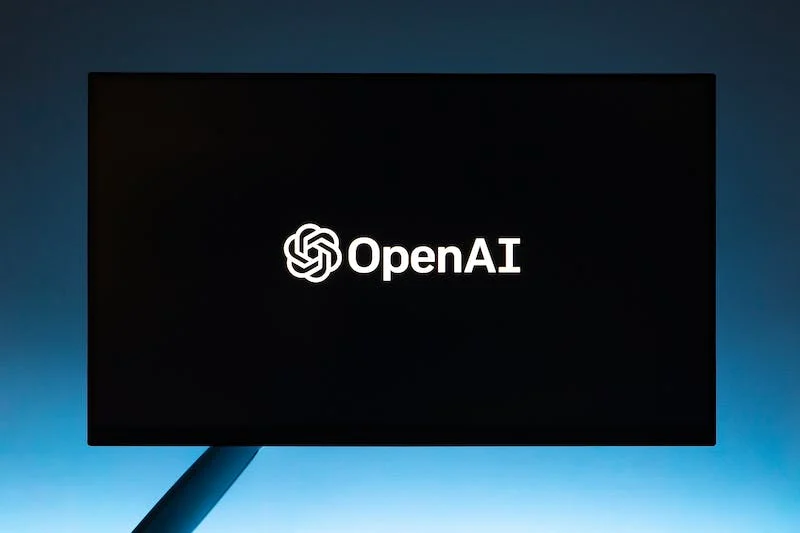Contents
- Microsoft’s Gaming Copilot: AI-Assisted Gameplay at Your Side
- Google’s Gemini Sidekick: Voice-Activated AI-Assisted Gameplay
- Case Study: How AI-Assisted Gameplay Could Transform Elden Ring
- The Broader AI-Assisted Gameplay Push: NPCs and Context Awareness
- Benefits of AI-Assisted Gameplay
- Challenges Facing AI-Assisted Gameplay
- Industry Implications of AI-Assisted Gameplay
- Looking Ahead: The Future of AI-Assisted Gameplay
The gaming industry has always been at the forefront of technological innovation, from the advent of 3D graphics to the explosion of online multiplayer. Now, a new wave of advancement is reshaping the way players interact with games: AI-assisted gameplay and tooling. With Microsoft and Google both rolling out AI-driven features for their platforms, the future of gaming looks more interactive, personalized, and accessible than ever.
Microsoft’s Gaming Copilot: AI-Assisted Gameplay at Your Side
Microsoft has unveiled its Gaming Copilot overlay for Windows, a real-time assistant that helps players navigate quests, track achievements, and receive contextual guidance without breaking immersion. According to reporting from Tom’s Hardware, this feature integrates seamlessly into Windows gaming, drawing comparisons to the Xbox guide but infused with AI intelligence.
Players can, for instance, ask Gaming Copilot where to find a rare crafting material in an RPG or how to complete a difficult puzzle in a platformer. Instead of alt-tabbing to a browser or sifting through walkthroughs, the assistant provides immediate, tailored guidance within the game environment.
“It feels like having a friend sitting next to you who always knows the answer,” said one beta tester in an online forum. “I don’t lose the flow of the game anymore.”
For competitive players, the tool offers additional potential. Imagine real-time reminders about cooldown timers, achievement tracking, or performance analysis akin to a digital coach.
Google’s Gemini Sidekick: Voice-Activated AI-Assisted Gameplay
Not to be outdone, Google has begun integrating its Gemini AI assistant into mobile gaming, as reported by The Verge. The feature allows players to use voice commands to ask for hints, strategies, or lore explanations without ever leaving the action. This could be a game-changer for mobile titles, where screen real estate is limited and interruptions are disruptive.
Picture a mobile player stuck on a tricky level in a puzzle game. Instead of closing the app to search for tips, they can simply say, “Hey Gemini, how do I solve this?” and receive instant, relevant feedback.
“Mobile gamers crave immediacy,” explained Dr. Lena Hughes, a digital media researcher at Stanford University. “Gemini’s voice-first design is perfect for players who don’t want to break their rhythm.”
Case Study: How AI-Assisted Gameplay Could Transform Elden Ring
To understand the potential impact of these tools, consider a notoriously challenging title like Elden Ring. Known for its punishing difficulty and sprawling open world, FromSoftware’s epic often forces players to rely on online wikis or YouTube guides.
With Gaming Copilot, a player lost in the maze-like dungeons of Leyndell could simply ask: “Where’s the nearest Site of Grace?” and receive on-screen guidance without ever leaving the game. Google’s Gemini could assist mobile players checking builds or strategies on the go, using voice commands like: “What weapon scales best with my current stats?”
“AI won’t make Elden Ring easy,” argued James Fulton, editor at a gaming magazine. “But it could make it fairer. It lowers the barrier to entry without diluting the sense of achievement.”
For additional insights into how AI is shaping gaming, check out our future of interactive entertainment guide.
The Broader AI-Assisted Gameplay Push: NPCs and Context Awareness
While Microsoft and Google are leading with overlays and assistants, the underlying shift is much deeper. Advances in AI-driven non-player characters (NPCs) and context awareness are changing what games themselves can do.
Traditionally, NPCs followed scripted paths or dialogue trees. But with large language models and adaptive AI systems, NPCs can now engage in dynamic conversations, adapt to player behavior, and even evolve personalities over time.
Context awareness also allows AI to understand a player’s goals, skill level, or frustration points. Imagine an adaptive difficulty system that doesn’t simply toggle enemy health but actively reshapes encounters to fit the player’s playstyle.
Game developers are enthusiastic. “AI gives us the chance to make games that feel alive,” said Ravi Patel, creative director at an independent RPG studio.
Benefits of AI-Assisted Gameplay
- Accessibility – Smoother entry points for players with disabilities or newcomers.
- Convenience – Instant, context-driven help without external searches.
- Immersion – AI enhances story depth and reduces breaks in flow.
- Longevity – Personalized difficulty and adaptive NPC behavior extend engagement.
For developers, these tools also generate valuable insights into player behavior.
Challenges Facing AI-Assisted Gameplay
Critics highlight:
- Overreliance: Risk of reducing discovery and problem-solving satisfaction.
- Privacy: Concerns over voice and contextual data usage.
- Game Balance: AI hints might trivialize challenges.
- Commercialization: Potential for “pay-to-assist” models.
“The risk is that games stop being about exploration and start being about spoon-feeding,” warned analyst Marco Nguyen.
Industry Implications of AI-Assisted Gameplay
The convergence of Microsoft’s Gaming Copilot and Google’s Gemini signals a broader trend: AI as a companion, not just a backend tool. Just as streaming platforms use AI to recommend shows, games may soon recommend quests, mods, or playstyles tailored to players.
Developers may face new expectations to integrate similar systems, or risk lagging behind in player satisfaction.
Looking Ahead: The Future of AI-Assisted Gameplay
The rollout of Microsoft’s Gaming Copilot and Google’s Gemini assistant marks only the beginning. As NPC intelligence, context awareness, and voice interaction mature, we may soon see games that are less about following static scripts and more about co-creating dynamic experiences with AI.
For players, this future promises freedom and accessibility. For developers, it presents new tools and challenges. For the industry, it’s the next evolution of gaming—from passive entertainment to active, personalized storytelling.




